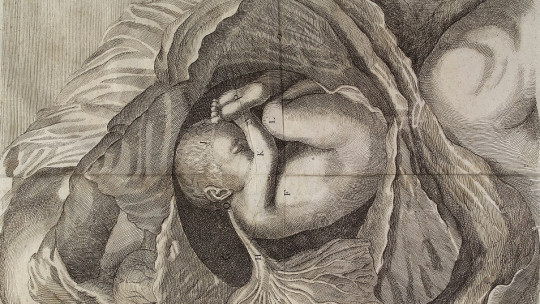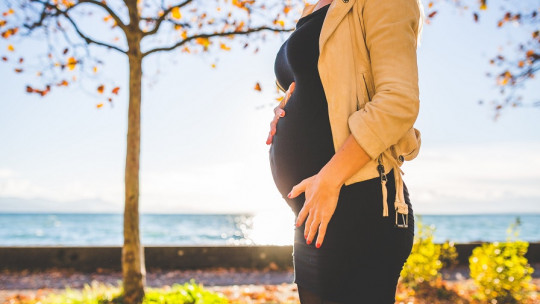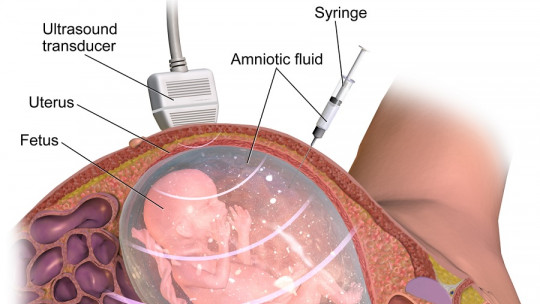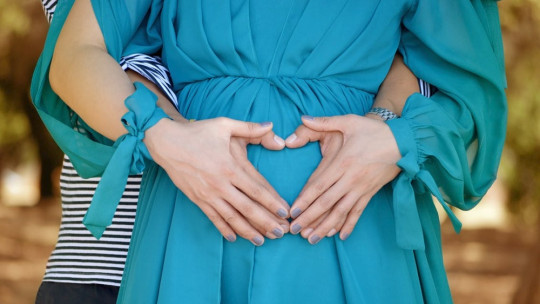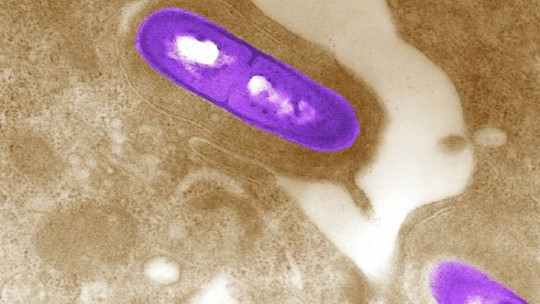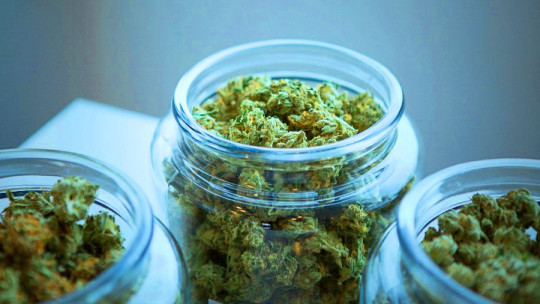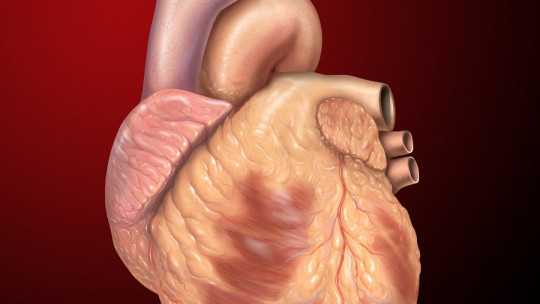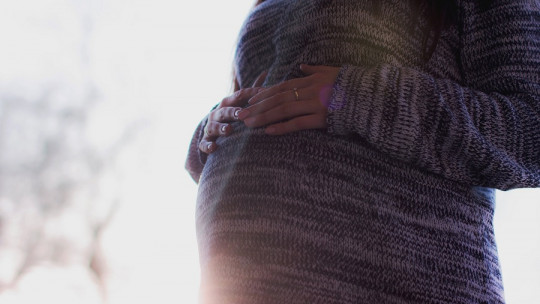
Recent studies have occasionally correlated caffeine intake with the risk of spontaneous abortions, premature births, or the birth of low-weight babies in pregnant women.
For these reasons, this stimulant psychoactive alkaloid is in the focus of various pediatric research. Knowing the factors that predispose to pregnancy failure is essential, since it not only puts the life of the fetus at risk, but also the physical and emotional integrity of the mother and the family unit.
It is clear that the consumption of alcohol, marijuana and other drugs stigmatized by society is deleterious to the health of the fetus that is developing in the mother’s womb. The reality is that caffeine is a substance that generates addiction that is much more established in our culture, but it is not free of side effects. Discover here If you can consume caffeine during pregnancy
Can you consume caffeine during pregnancy?: a gray scale
According to the Royal Academy of the Spanish Language (RAE), a drug is defined as “any substance or medicinal preparation with a stimulating, depressing, narcotic or hallucinogenic effect.” Based on this description, there is no doubt that caffeine is a drug.
This alkaloid from the xanthine group, with a bitter taste, has various effects on the human body Some of them are the following:
The caffeine It is the most widespread psychoactive substance in the world, since it is estimated that an average of 120,000 tons are consumed per year throughout the globe. In more specific regions, such as North America, it is estimated that 90% of adults consume caffeinated products daily.
How much caffeine is too much?
The half-life of caffeine (that is, the time this compound remains in the blood) varies depending on the characteristics of the individual who consumes it. It is a fact that The elimination of this substance from the blood of pregnant women is a slower process since it falls within a time range of 9 to 11 hours, while in non-pregnant adult individuals this time is 4 to 9 hours maximum.
Caffeine is metabolized in the liver, so people with severe liver disorders may suffer complications in which the compound remains in the blood for up to 96 hours.
The World Health Organization recommends pregnant women not consume more than 300 milligrams of caffeine per day to avoid the risk of fetal loss during pregnancy, but how is this amount reflected in energy foods?
It is estimated that a cup of coffee has a wide range of this compound, from 95 to 200 milligrams per dose On the other hand, a cup of tea contains much less concentration of caffeine, estimated at about 14 to 60 milligrams per dose.
Thus, consuming three cups of tea a day should not be a long-term problem for a pregnant mother, but two “strong” coffees can already exceed the maximum dose recommended by the World Health Organization. Of course you can consume caffeine during pregnancy, but being careful with the doses is essential to avoid serious discomfort.
Beyond the advice
Despite these being widespread ideas in the general population, various studies have tried to elucidate the effect of caffeine on the fetus during the first trimesters of pregnancy, and as surprising as it may seem, many results are not conclusive.
This is due, in part, to The mechanisms by which this substance would be correlated with spontaneous abortions are not yet known, although there is evidence that the compound surpasses the placental barrier and reaches the fetus. We go further, since it is estimated that the concentration of caffeine in the bloodstream of the fetus would be similar to that of the mother, with the added complication that its permanence in the blood of the baby would be even greater, since the liver enzymes capable of degrade it appear from the eighth month of gestation.
Still, in general It is difficult to establish a direct correlation between caffeine and complications during pregnancy since other factors such as the symptoms of the pregnant woman or fetal viability also play essential roles.
Despite all these impediments, after extensive literature reviews with large sample groups of pregnant women (more than 1,500 participants, some who suffered spontaneous abortions and others who did not) the following results can be elucidated:
As we can see, we are facing relatively contradictory results This is even more complicated when the study highlights that in women who smoke and consume caffeine (both at the same time) a positive correlation was not found between these habits and the production of abortions. What sense does this make if both factors separately seem to promote pregnancy complications?
Another reason that makes us doubt a 100% reliable correlation between caffeine and abortions is that both parameters were not related in fetuses with abnormal karyotypes, that is, with an atypical number of chromosomes (such as Down syndrome). These results are counterintuitive to say the least, since it would be expected that the baby’s genetic mutations would predispose him to fatal events after interaction with caffeine.
For all these reasons, the studies emphasize that the results must be taken with extreme caution, but nevertheless, Not consuming caffeine during pregnancy or reducing your intake will always be the most prudent option according to them.
Caffeine and fetal growth
In any case, we are not moving in a black and white field (life or abortion), since the effects of caffeine on the fetus can manifest themselves in a wide range of grays.
Other studies have found, for example, that caffeine consumption does is correlated with decreased newborn weight This could be explained because the compound increases the concentration of placental and fetal adrenaline, which promotes vasoconstriction and hinders direct nutritional delivery through the bloodstream to the fetus.
In countries such as Uruguay, where it is estimated that more than 32% of pregnant women consume a value higher than the maximum amount of caffeine established by the WHO (in the form of mate, especially), knowing a clear correlation can be key to Raise awareness among the population about healthier habits, especially during pregnancy.
Even so, these studies themselves show that despite having shown consistent results between both parameters, not all research carried out has reached the same result. This, rather than detracting from the credibility of the observed facts, could show that There are many more factors that determine fetal viability beyond caffeine intake: diet, stress, health structure and other parameters difficult to quantify.
Conclusions
As you may have seen, we do not have a completely conclusive answer to the question of whether you can consume caffeine during pregnancy. This is the world of research, where nothing can be considered a dogma or inalienable reality unless irrefutable evidence is presented.
What is clear is that a high daily caffeine consumption is correlated with health disorders in the patient, which would of course also extend to the integrity of the fetus in a pregnant woman.
Although the results are not entirely conclusive in many studies, It will always be a good idea not to exceed the limit established by the WHO of 300 milligrams of caffeine per day in pregnant women. After all, having a daily cup of coffee and tea will in most cases achieve the desired effect, and will not lead to a possible spontaneous abortion or an underweight fetus.

